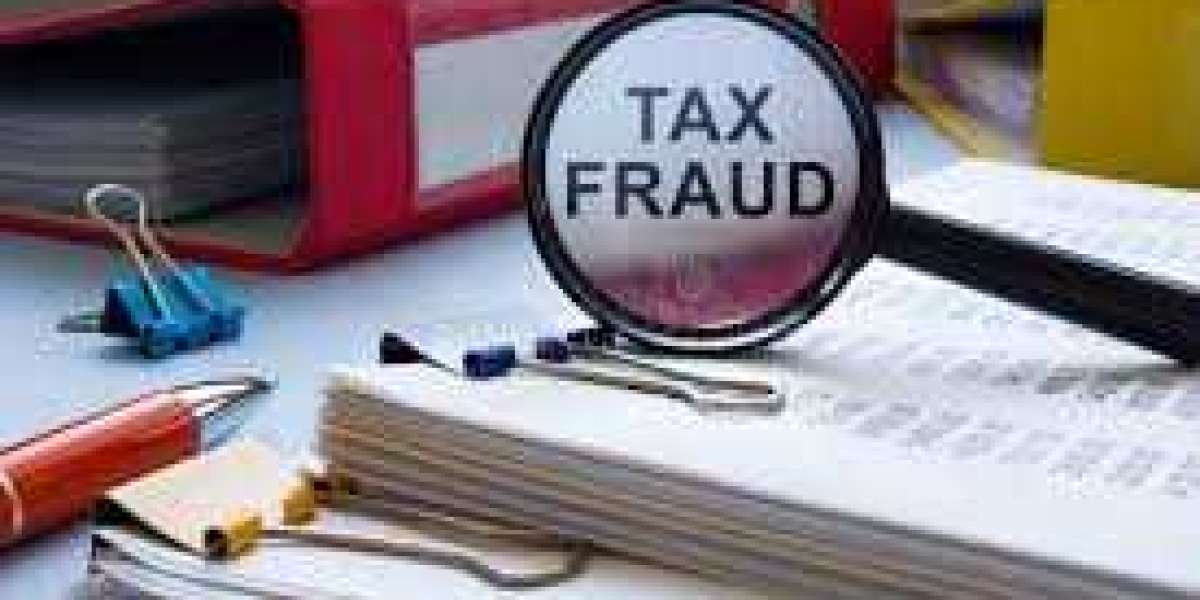Introduction:
In theft cases, forensic evidence plays a crucial role in determining the guilt or innocence of the accused. Forensic evidence can range from fingerprints, DNA, and surveillance footage to more complex data like electronic records or trace evidence. Theft lawyers are skilled in navigating this evidence to protect their clients' rights, challenge the accuracy of findings, and ensure that evidence is used fairly in court. Here’s how theft lawyers deal with forensic evidence in theft cases.
- Examining the Legality of Evidence Collection
One of the first tasks of a theft lawyer is to examine how forensic evidence was collected. The legality of evidence collection is critical, as improperly obtained evidence may not be admissible in court. For example, if evidence like fingerprints or DNA was gathered without a proper warrant or violated the accused’s Fourth Amendment rights against unreasonable searches and seizures, a lawyer can file a motion to suppress it.
If forensic evidence was collected without consent or in a manner inconsistent with legal procedures, a theft lawyer will argue that it should be excluded from the trial. This can significantly weaken the prosecution’s case, especially in theft cases where forensic evidence is central to proving the defendant’s involvement.
- Challenging the Accuracy and Reliability of Forensic Evidence
Forensic evidence is not infallible. A Theft Lawyer will scrutinize the accuracy, reliability, and handling of forensic evidence to ensure it was correctly analyzed. Forensic methods, such as fingerprint analysis or DNA testing, can have limitations and the potential for human error. The lawyer will examine the qualifications of the forensic experts who conducted the tests and whether their methods followed established protocols.
For example, in cases where fingerprint evidence is used, a lawyer may challenge the techniques used in matching fingerprints. In some instances, fingerprint analysts can make mistakes or overlook critical details. The lawyer may bring in their own forensic experts to review the evidence and provide a second opinion. If the reliability of the forensic evidence is questioned, the defense can cast doubt on the prosecution's case, potentially leading to an acquittal or a reduction in charges.
- Investigating Chain of Custody Issues
Forensic evidence must be properly stored and handled to avoid contamination or tampering.Identity Theft Fraud Lawyer will carefully investigate the chain of custody, which refers to the documentation of everyone who has handled the evidence from the crime scene to the courtroom. On the off chance that the chain of guardianship is broken, there is a gamble that the proof might have been changed or debased.
If there are any gaps or discrepancies in the chain of custody, a theft lawyer may argue that the evidence is inadmissible. This is particularly relevant in cases involving physical evidence like stolen items, drugs, or weapons, as well as biological evidence like blood or DNA. Any weakness in the chain of custody can weaken the prosecution’s case and help the defense.
- Cross-Examination of Forensic Experts
Forensic evidence often requires expert testimony to be understood by the jury. In theft cases, the prosecution may present forensic experts who testify about the analysis of evidence such as DNA, fingerprints, or surveillance footage. A theft lawyer’s job is to challenge the credibility and conclusions of these experts during cross-examination.
During cross-examination, the lawyer will aim to expose any weaknesses in the expert’s testimony, such as errors in their analysis or assumptions they may have made. If an expert fails to demonstrate proper procedures, it can undermine their testimony and cast doubt on the forensic evidence. The lawyer may also call their own expert witnesses to provide a different interpretation of the forensic findings, offering an alternative explanation that benefits the defense.
- Highlighting Gaps in the Prosecution’s Forensic Evidence
In some cases, forensic evidence may not definitively link the defendant to the theft. If the prosecution relies heavily on forensic evidence, but there are gaps or inconsistencies in the evidence, a theft lawyer can highlight these weaknesses to create doubt in the minds of the jurors.
For instance, if surveillance footage does not clearly show the defendant committing the theft or if DNA evidence is inconclusive, the lawyer can argue that the evidence does not support the charge. Additionally, the lawyer may present other factors that cast doubt on the prosecution's case, such as the possibility of mistaken identity, contamination of evidence, or the presence of another plausible suspect.
- Utilizing Forensic Evidence for the Defense
In some cases, forensic evidence can be beneficial to the defense. A Identity Theft Lawyer may use forensic evidence to exonerate their client or demonstrate that they were not involved in the theft. For example, DNA analysis may show that the defendant’s DNA was not present at the crime scene, or fingerprint analysis may not link the defendant to stolen property.
In certain cases, surveillance footage may show the defendant in a different location at the time the theft occurred, providing an alibi. A theft lawyer will ensure that any forensic evidence supporting the defense is brought to light, and they may present this evidence to challenge the prosecution's narrative.
Conclusion
Forensic evidence is often central to theft cases, whether it’s used to prove the defendant’s guilt or innocence. Theft lawyers play an essential role in analyzing, challenging, and presenting forensic evidence in a way that protects their clients’ rights and ensures a fair trial. By examining the legality of evidence collection, challenging the accuracy of findings, investigating chain of custody issues, and cross-examining experts, theft lawyers can effectively undermine the prosecution's case. In the end, the lawyer’s careful handling of forensic evidence can be pivotal in securing a favorable outcome for the client, whether through acquittal, reduced charges, or a negotiated settlement.














